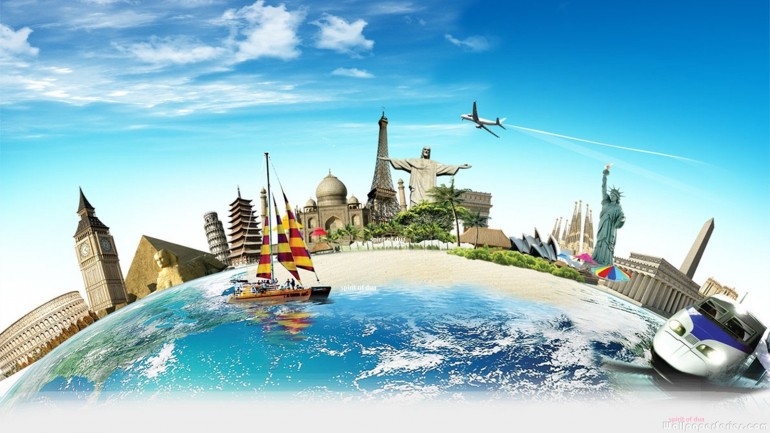Sponsored Listings:
The World Travel & Tourism Council (WTTC) and the United Nations World Tourism Organization (UNWTO) each spoke out against President Trump’s executive order banning travel from seven nations for 90 days.
The WTTC urged Trump to reconsider the travel ban on citizens of Iran, Syria, Yemen, Iraq, Somalia, Libya and Sudan.
“The [order] goes directly against the fundamental right of freedom to travel,” said WTTC CEO David Scowsill in a statement, adding that the order had “created immense confusion among travelers and travel companies worldwide.”
“Our sector is responsible for the livelihoods of millions worldwide,” Scowsill said. “The U.S. has suffered in the past from similar isolationist policies. We urge the Trump administration to reconsider this ban.”
Scowsill further stated that “suspending travel based only on a person’s nationality or their origin is wrong” and that many travelers had been “unnecessarily disrupted, due to the unclear nature of the executive order, coupled with a lack of prior consultation and poor communication to airlines and border officials.”
“Preventing ‘aliens’ from entering the U.S. for legitimate business or leisure purposes is misguided and counterproductive for the American economy,” he said.
The UNWTO expressed “strong condemnation” of the travel ban.
“The travel ban, based on nationality, is contrary to the principles of freedom of travel and travel facilitation promoted by the international tourism community, and will hinder the immense benefits that the tourism sector brings in terms of economic growth and job creation to many countries, including the USA,” UNWTO stated.
UNWTO Secretary-General Taleb Rifai further stated that “isolationism and blind discriminatory actions will not lead to increased security but rather to growing tensions and threats.”
“Besides the direct impact, the image of a country which imposes travel bans in such a hostile way will surely be affected among visitors from all over the world and risk dumping travel demand to the USA,” Rifai said.
IATA, the international trade group for commercial airlines, was also critical of the executive order. But unlike WTTC and UNWTO, IATA focused its attention on the quick fashion in which the travel ban was put in place, rather than on the policy itself. The action stranded hundreds of travelers in airports around the world.
“The [executive order] was issued without prior coordination or warning, causing confusion among both airlines and travelers,” IATA said. “It also placed additional burdens on airlines to comply with unclear requirements, to bear implementation costs and to face potential penalties for noncompliance.
“We ask for early clarity from the U.S. administration on the current situation. Moreover, we urge all governments to provide sufficient advance coordination of changes in entry requirements so that travelers can clearly understand them and airlines can efficiently implement them.”
Sourse: travelweekly.com










